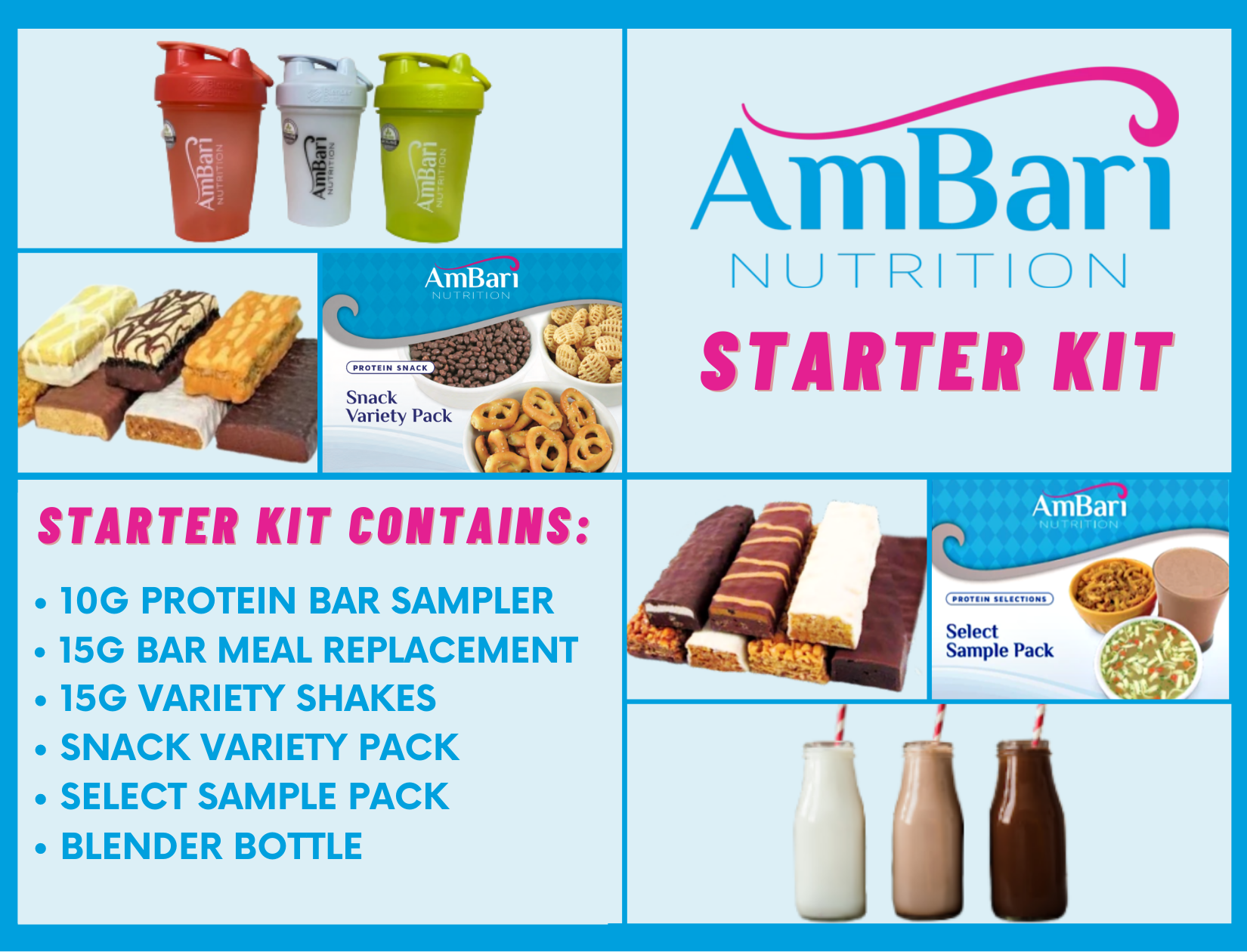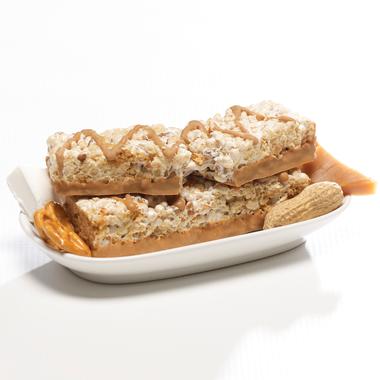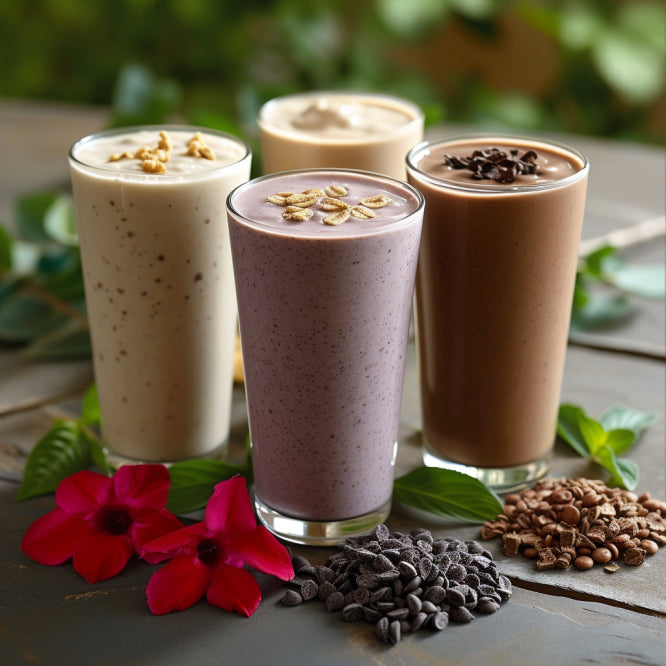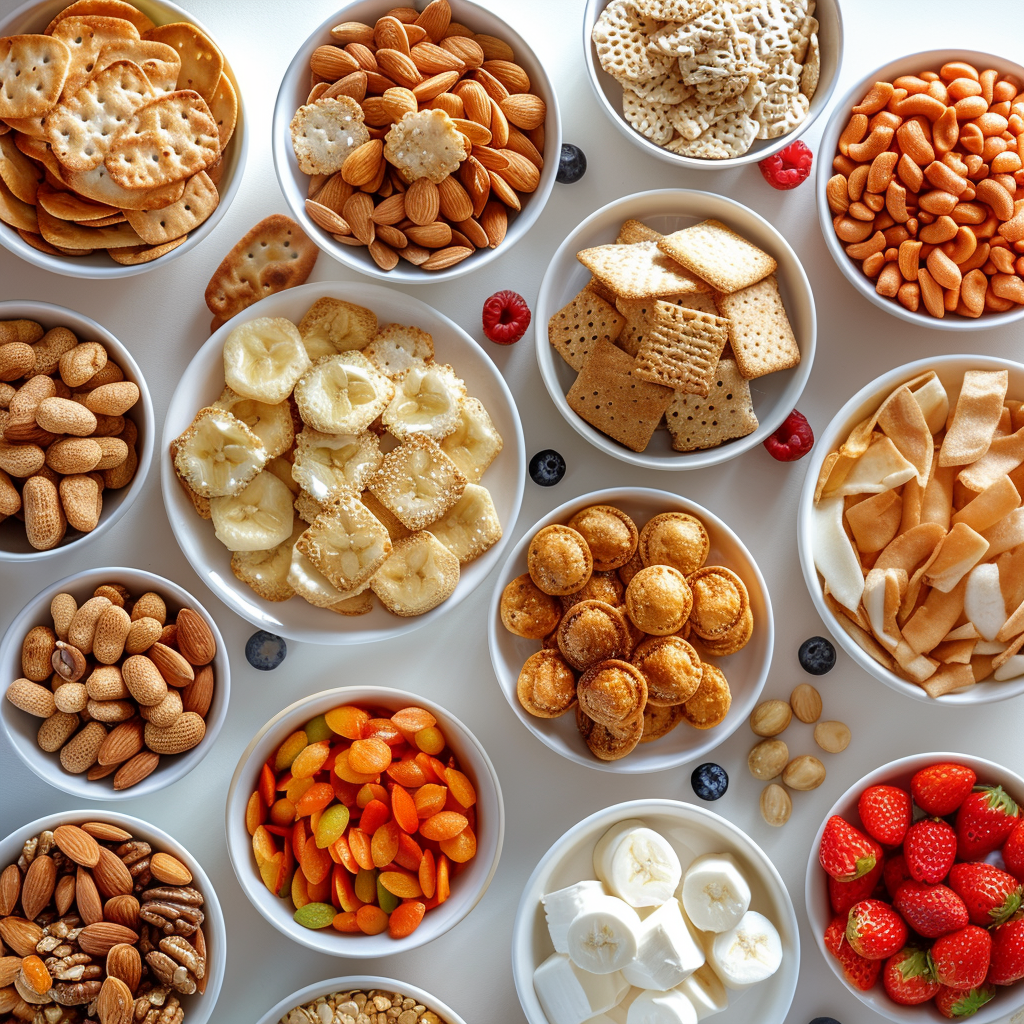Menu
Your cart is empty
Looks like you haven't added anything to your cart yet
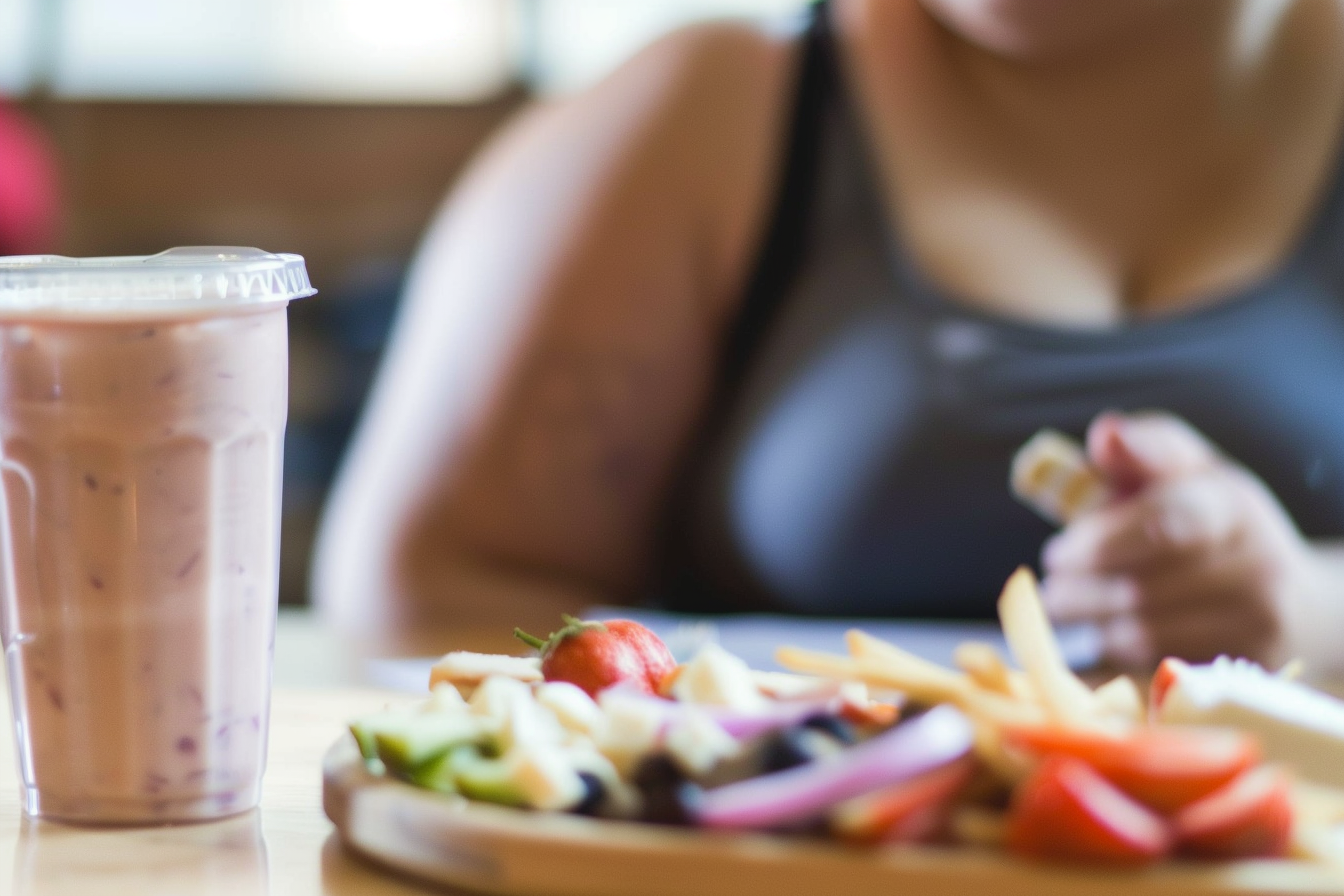
Your Bariatric Pre-Op Diet: Getting Ready for Weight Loss Surgery
Your Bariatric Pre-Op Diet
If you're planning to have weight loss surgery like gastric bypass or sleeve gastrectomy, getting your body ready is really important. That's where the pre-surgery diet comes in. This special eating plan will help shrink your liver, improve your health, and start good habits for after surgery.
Why the Pre-Op Diet Matters
Weight loss surgeries change how your digestive system works to help you eat less or absorb fewer calories. But before the big day, your doctor will want you to follow a pre-op diet for a couple key reasons:
-
Make surgery safer: A smaller liver gives the surgeon more room to work during laparoscopic (minimally invasive) procedures.
-
Get healthier: Eating better before surgery gives your body a boost and prepares you for recovery.
-
Build good habits: The pre-op diet is a great time to practice the healthy eating you'll need for long-term success.
Other Recommended Bariatric Guides:
Stages of the Pre-Op Diet
Every surgeon has their own pre-op diet, but most have two main stages:
1. Early Stage (starting now)
Once you decide on surgery, you can begin shifting to healthier foods:
- Eat high-protein, low-calorie meals with chicken, fish, eggs, and low-fat dairy
- Practice portion control using smaller plates
- Fill half your plate with non-starchy veggies, 1/4 with protein, 1/4 with whole grains or fruit
- Cut out sugary drinks, processed food, and unhealthy fats
2. Final Stage (2 weeks before surgery)
As surgery gets closer, your diet will get stricter and turn into an all liquid diet:
- Switch to only low-sugar, low-fat liquids like broth, sugar-free protein shakes, and plain tea
- Keep focusing on protein for healing with shakes and protein-rich broths
- Follow the specific meal plan from your doctor
Dr. Kevin Huffman, a bariatric physician, notes:
"The pre-op diet jump starts weight loss and helps patients build the foundation for post-surgery success. It's a crucial step."
Key Nutrients You Need
Even though the pre-op diet limits some foods, it still gives your body the right fuel. Make sure to get plenty of:
- Lean Protein: Protein from chicken, fish, eggs, and low-fat dairy helps maintain muscle and supports healing. Protein shakes are another easy option.
- Non-Starchy Veggies: Colorful vegetables like broccoli, carrots, and spinach pack fiber plus vitamins and minerals.
- Healthy Fats (in moderation): Avocado, nuts, seeds, and olive oil provide healthy fats in the early stage when allowed.
- Water: Aim for at least 64 oz (about 2 liters) of water a day to stay hydrated. Broth and sugar-free tea count too.

Tips for Pre-Op Diet Success
Changing how you eat is never easy, but some simple strategies can help:
- Plan meals and shop ahead so you always have healthy choices on hand
- Eat 3 small meals and 2-3 snacks throughout the day to avoid hunger
- Have diet-friendly snacks ready to manage cravings
- Talk openly with your doctor about any questions or concerns
- Find a friend or support group to encourage you along the way
- Celebrate non-scale wins like more energy and better sleep
Risks of Skipping the Pre-Op Diet
While following the pre-op diet may seem tough, it's really important for a smooth surgery and recovery. Skipping this crucial step can lead to some serious risks, like:
- Complications during surgery: The pre-op diet shrinks your liver, giving the surgeon more room to work. A bigger liver makes the operation harder and riskier.
- Tougher recovery: Losing weight before surgery helps you bounce back faster. If you don't follow the diet, you might face a longer, bumpier recovery.
- Less success: Dropping 10-20 pounds before surgery boosts your chances of reaching your long-term weight loss goals. Skipping the diet can make the surgery less effective.
- Trouble adjusting: The pre-op diet gets you used to eating smaller, healthier meals. If you don't practice these habits early, it can be harder to stick with them after surgery.
Dr. Michael Johnson, a bariatric surgeon, warns:
Not following the pre-op diet can lead to complications like a larger liver obscuring the surgical field, increasing risks and prolonging surgery time. It's essential for patient safety and success.
So even though the pre-op diet is challenging, it's a key part of your weight loss journey. Stick with it, and you'll be setting yourself up for the best possible outcome!
Writer: Carrie H. Carrie is a dedicated health and nutrition writer with a strong background in medical and scientific research. She is driven by a passion for helping others lead healthier lives, diving into the latest scientific research. Combining evidence-based knowledge with practical advice, Carrie strives to provide accurate and valuable information on health, nutrition, and wellness. Her ultimate aim is to empower readers, enabling them to make informed choices about their well-being. |
Reviewed By: Dr. Kevin Huffman Dr. Kevin D. Huffman, D.O., is a leading board-certified bariatric physician with extensive expertise in treating obesity. He has trained countless healthcare providers and founded American Bariatric Consultants to develop protocols and training materials sought by medical societies, pharmaceutical companies, patients, and hospitals. Dr. Huffman's impact extends beyond patient care as he prepares physicians for board certification, expanding access to this vital treatment. |
- Choosing a selection results in a full page refresh.


